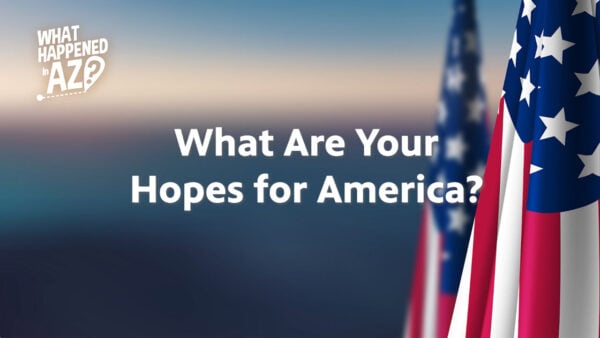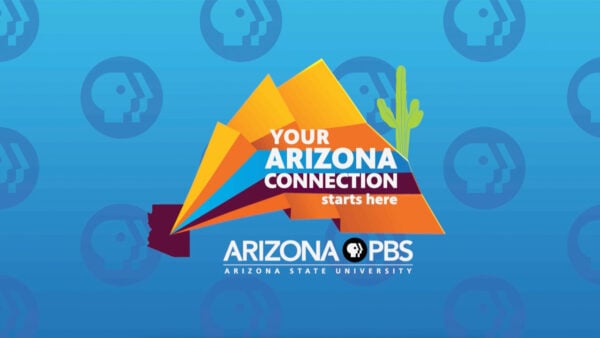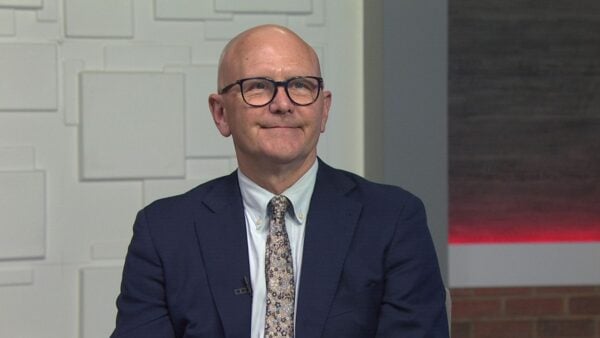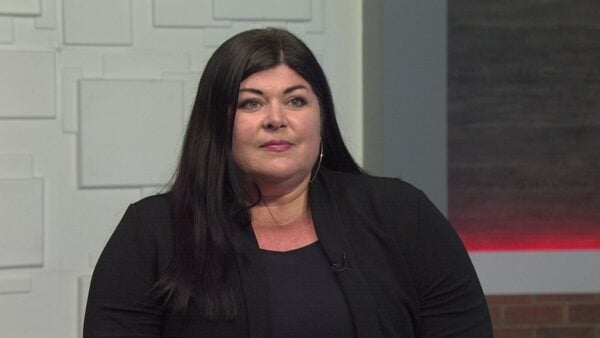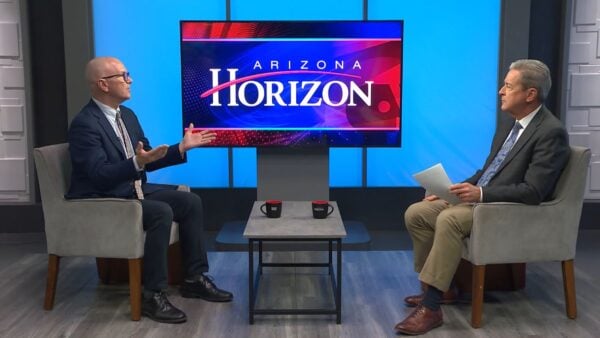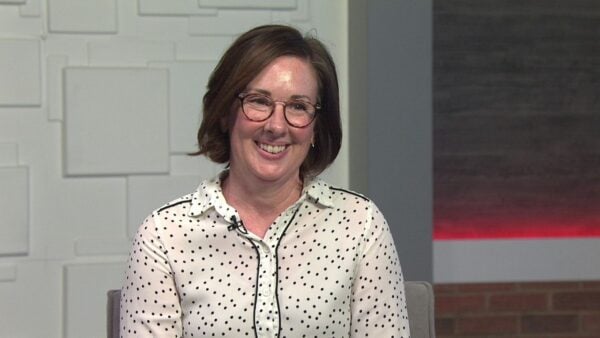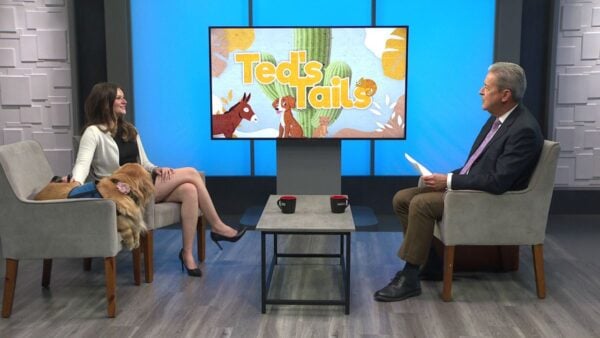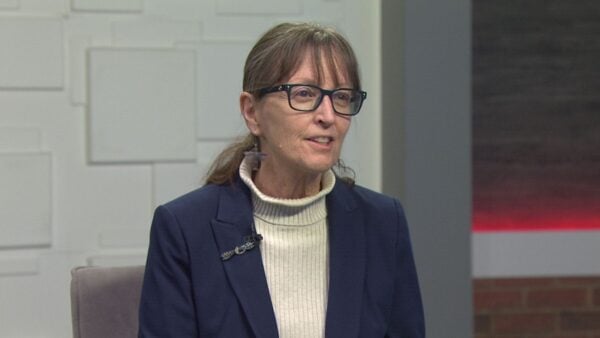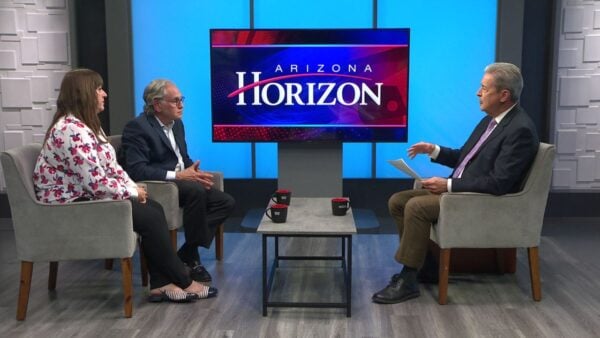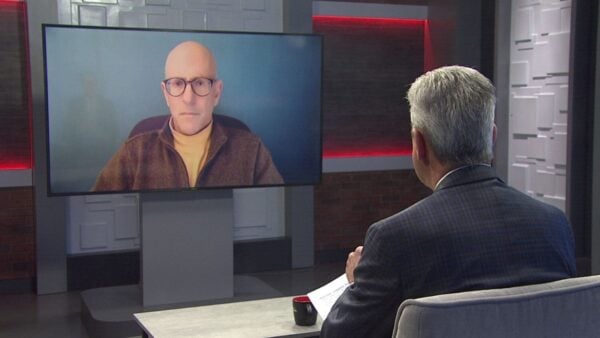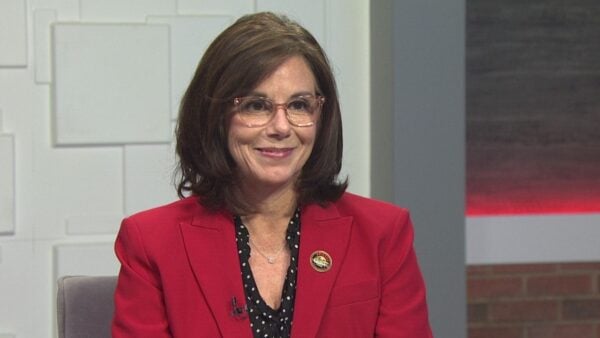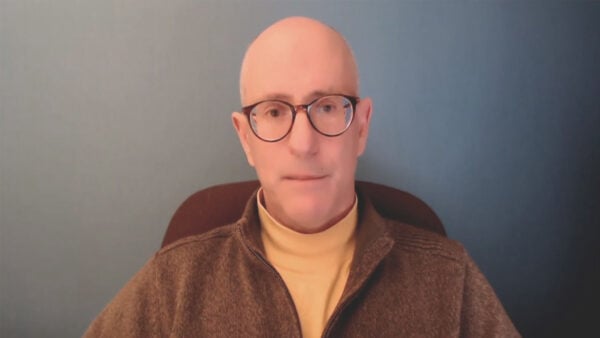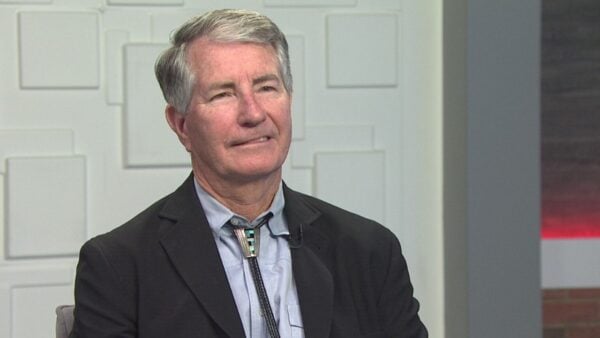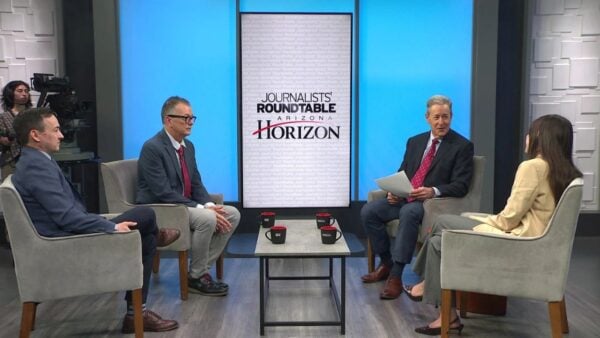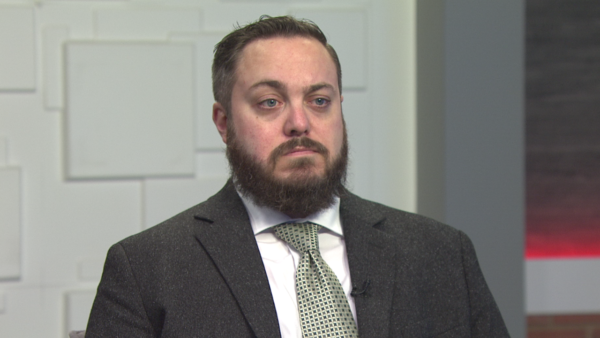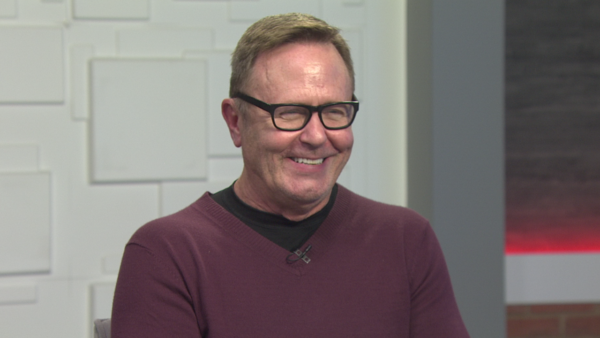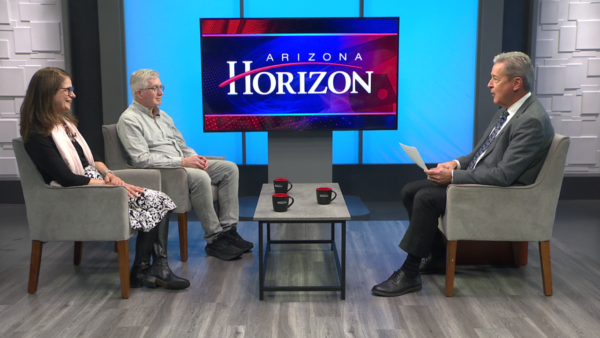Shortage of therapists in under-served communities
Nov. 7, 2023
As Phoenix becomes more diverse and multicultural, the mental health care workforce remains predominantly white and English-speaking.
To discuss the shortage and the effects on the community we welcomed Jose Luis Madera, a licensed Professional Counselor and Manager of the Integrated Behavioral Health Program at Valleywise Health.
“We do provide services to all of Maricopa County,” Madera said. “We have folks that speak Spanish to help our community.”
“Unfortunately, people who come from other parts of the world have to use interpreters. It causes a huge difficulty in connecting, but people are still grateful someone is there to support them,” Madera said.
A recent report from CounselingPhycology.org found cities where therapists most underserve BIPOC (Black, Indigenous, people of color) communities are El Paso, Phoenix, Memphis, Milwaukee, and Fresno.
“When I’ve looked for a therapist in my personal life, I’ve always looked for someone that has to explain less,” Madera said. “Especially if they come from a first-generation home or speak Spanish.”
Madera tries to encourage people he knows to consider becoming a therapist, especially if they are great listeners.
“With the stigma decreasing with behavioral health, in the Hispanic community in particular, I think that folks are more willing to become therapists,” Madera said.
